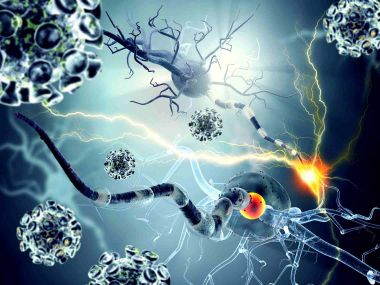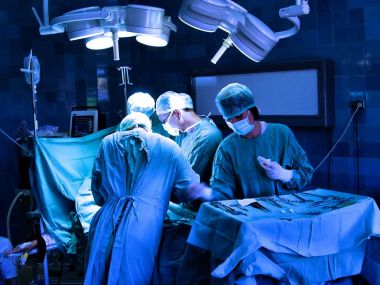Whether stomach cancer, colon cancer or lung cancer - cancers are considered the scourge of mankind and are the second most frequent cause of death worldwide after cardiovascular diseases. Prostate cancer is particularly common in men and breast cancer or uterus cancer in women.
Oncology deals with all kinds of carcinomas and tumors - as a branch of internal medicine: Oncologists are already involved in cancer prevention, they assist cancer patients in diagnosis and therapy - and accompany their patients during aftercare.
Oncological treatment in hospitals or clinics involves the removal or destruction of the entire tumor tissue. If the cancer cannot be eliminated by removing or destroying the tumor, oncologists at least try to reduce the size of the tumor. This usually reduces the symptoms - and it prolongs the life of the patient.
Besides surgical removal of the tumor, chemotherapy and radiotherapy are among the most common methods of treatment. Chemotherapy involves the use of cytostatic drugs - natural or synthetic substances designed to inhibit malignant cell growth. Newer classes of drugs increasingly allow drug therapies, which can even target specific forms of cancer. These include monoclonal antibody therapies.
In addition to the types of cancer already mentioned, it was recently mainly kidney cancer, pancreatic cancer and all forms of leukemia that many people around the world are suffering from. Black skin cancer - malignant melanoma - and cancer of the bladder are also among them.
You will find oncology specializations below!







